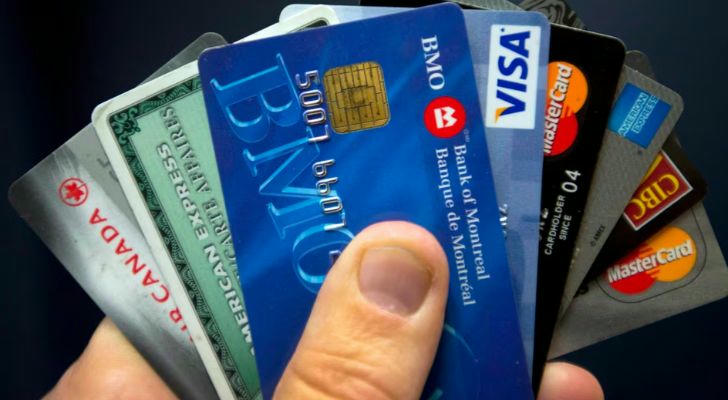Instant Approval Credit Cards are changing the way people access credit — with faster decisions, fewer barriers, and even same-day digital use. Whether you’re rebuilding credit, starting from zero, or just want a quicker option, the right card could unlock better rates, higher limits, and more financial freedom than you expect. Before you apply, here’s what you must know to avoid mistakes and choose smartly.

🏦 Why Credit Cards Matter
Credit cards aren’t just for convenience — they’re a major part of your credit history.
Using one responsibly helps you qualify for:
- Better mortgage and car loan rates
- Higher credit limits
- Premium cards with stronger perks
Without a good credit score, it can be harder to rent an apartment, sign up for a phone plan, or get financing later on.
💡 Common Types of Instant Approval Credit Cards
| Type | Best For | Typical Benefits |
|---|---|---|
| Secured Credit Card (Guaranteed Approval) | People with no credit or bad credit | • Easy approval with security deposit • Builds or rebuilds credit • Usually reports to all major credit bureaus |
| Unsecured Instant-Decision Card | Those with fair to good credit who want a quick approval | • Instant online decision • Rewards or cashback programs • May offer welcome bonuses |
| Digital / Virtual Instant Card | Applicants who want to start using the card immediately | • Digital card number available right after approval • Add to mobile wallet instantly • Useful for online purchases |
| Prepaid or Reloadable Card (No Credit Check) | Users who want instant access without affecting credit | • No credit check or income requirement • Instant approval upon sign-up • No Annual Fee, Helps manage spending |
| Store / Retail Credit Card | Shoppers who frequently buy from a specific retailer | • Instant approval at checkout • Store discounts or loyalty rewards • Easier approval than major bank cards |
📝 Simple application process
- Check eligibility – Most issuers require applicants to be at least 18.
- Compare options – Look at annual fees, interest rates, and rewards to find what fits your needs.
- Submit your application – You’ll typically provide:
- Personal and contact information
- Employment and income details
- Current address and housing status
- Undergo a credit check (Optional) – The issuer will assess your credit history to decide approval and determine your limit.
- Receive and activate your card – Once approved, your card is mailed to you.
Note: This article describes the general process, which depends on the actual situation.
📈 Tips for Maintaining Good Credit
A few habits go a long way:
- Pay your balance in full whenever possible.
- Keep utilization low (ideally below 30% of your limit).
- Limit new applications to avoid hard checks.
- Review your credit report regularly through Equifax or TransUnion.
🧭 Final Thoughts
A credit card can be more than just a payment method — it’s a way to build financial strength and unlock better opportunities.
The key is to pick one that fits your lifestyle and use it with discipline.
This content is for informational purposes only. Product availability, terms, and conditions may vary by region. Always consult with a financial advisor before making major credit decisions.
